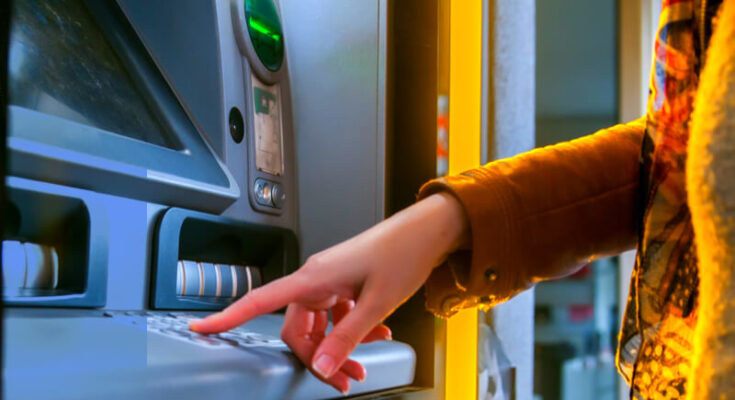An Automated Teller Machine (ATM) is a self-service kiosk that allows users to perform financial transactions, such as withdrawals, deposits, and balance inquiries, using a card and PIN.

Types of ATMs
1. Bank ATM: Owned and operated by banks.
2. Independent ATM: Owned and operated by private companies.
3. Online ATM: Internet-enabled ATM.
4. Mobile ATM: Portable ATM for events.
5. Smart ATM: Advanced features like deposit acceptance.
ATM Services
1. Cash withdrawal.
2. Deposit acceptance.
3. Balance inquiry.
4. PIN change.
5. Fund transfer.
6. Bill payment.
7. Mini statement.
ATM Benefits
1. Convenience: 24/7 access.
2. Time-saving.
3. Easy access to cash.
4. Wide availability.
5. Secure transactions.
ATM Security Features
1. PIN encryption.
2. Card reader security.
3. Camera surveillance.
4. Secure communication protocols.
5. Anti-skimming technology.
ATM Fees
1. Withdrawal fees.
2. Deposit fees.
3. Balance inquiry fees.
4. PIN change fees.
5. Foreign transaction fees.
ATM Safety Tips
1. Use well-lit and secure locations.
2. Cover PIN entry.
3. Monitor account activity.
4. Avoid using ATMs with signs of tampering.
5. Keep card and PIN secure.
Common ATM Issues
1. Card reader errors.
2. Network connectivity issues.
3. Insufficient funds.
4. PIN errors.
5. Machine malfunction.
Conclusion
ATMs provide convenient and secure access to financial services. Understanding ATM types, services, benefits, and security features can enhance user experience.
References:
ATM Documentation
Bank Websites
Financial Security Resources




